
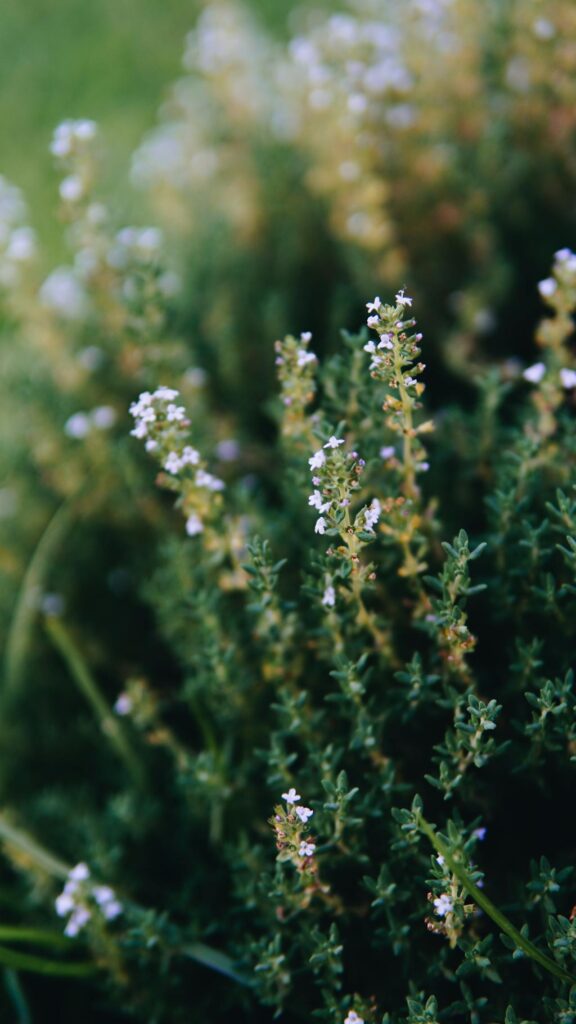
I was slow-cooking this beef onion stew yesterday, when halfway through I realised what it needed most was more thyme. As you see, I threw in a big handful, and, later, even more. Lovely, heavenly thyme, so slender and delicate, yet powerful enough to be able to transport a dish to a new location every single thyme time.
It started me thinking about how often thyme is evoked in writing. A quick search found so many references to fields of thyme, or the smell of thyme, or how bees are attracted to thyme. Wild thyme honey, after all, is supposed to be the best there is. Here are some thyme thoughts from the public domain.
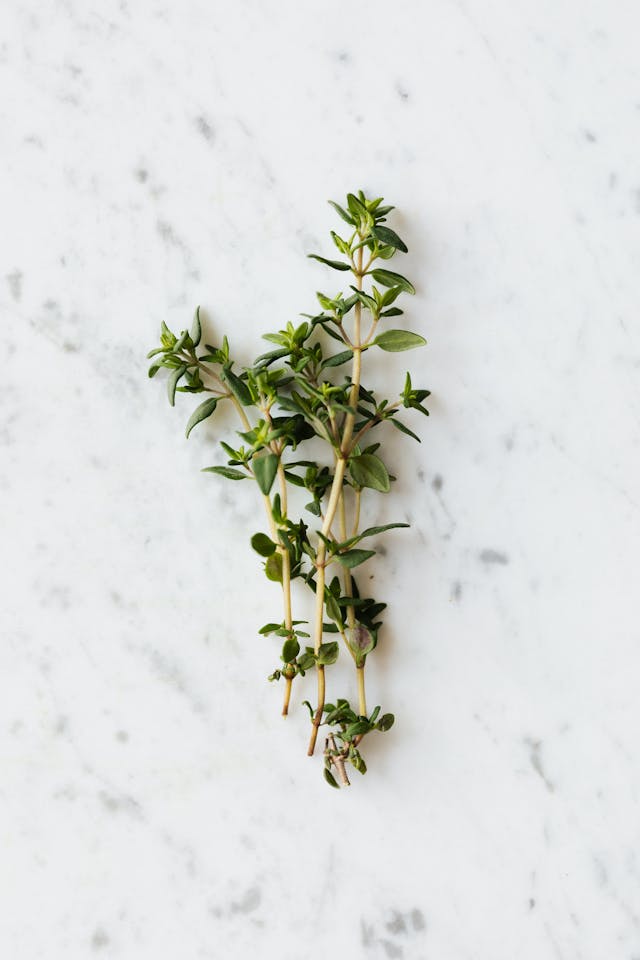
“And down the hay-fields, wading ‘bove the knees
Through seas of waving grass, what days I’ve gone,
Cheating the hopes of many labouring bees
By cropping blossoms they were perch’d upon;
As thyme along the hills, and lambtoe knots,
And the wild stalking Canterbury bell,
By hedge-row side or bushy bordering spots,
That loves in shade and solitude to dwell.” – John Clare, from The Wild Flower Nosegay, in the Public Domain
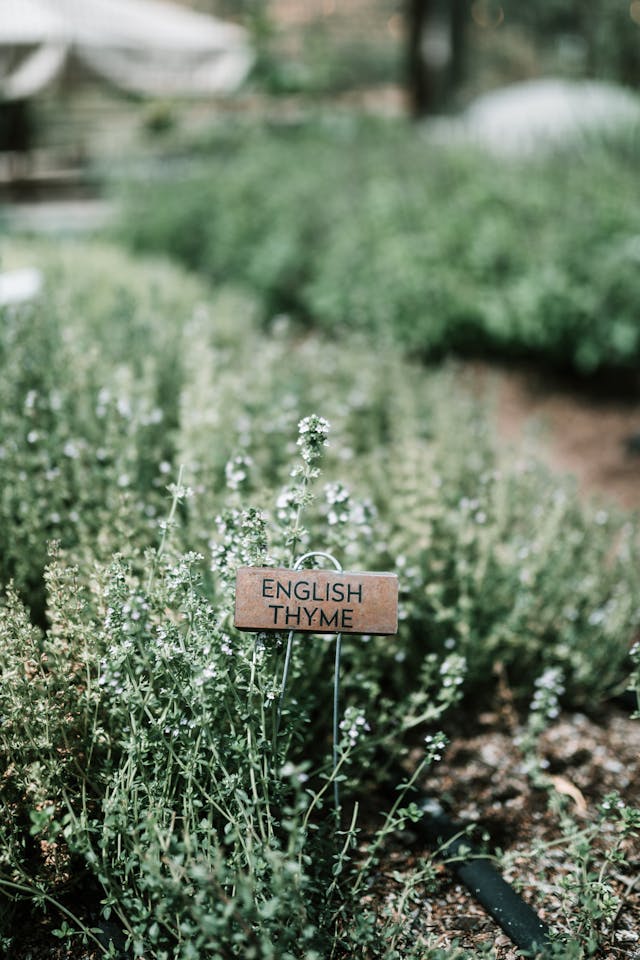
And here, a poem about finding comfort and solace in nature. “Weeds” here are both the name for mourning garments, and actual weeds.
“A poor old Widow in her weeds
Sowed her garden with wild-flower seeds;
Not too shallow, and not too deep,
And down came April – drip – drip – drip.
Up shone May, like gold, and soon
Green as an arbour grew leafy June.
And now all summer she sits and sews
Where willow herb, comfrey, bugloss blows,
Teasle and pansy, meadowsweet,
Campion, toadflax, and rough hawksbit;
Brown bee orchis, and Peals of Bells;
Clover, burnet, and thyme she smells;
Like Oberon’s meadows her garden is
Drowsy from dawn to dusk with bees.
Weeps she never, but sometimes sighs,
And peeps at her garden with bright brown eyes;
And all she has is all she needs –
A poor Old Widow in her weeds.” – Walter De La Mare, A Widow’s Weeds, in the Public Domain
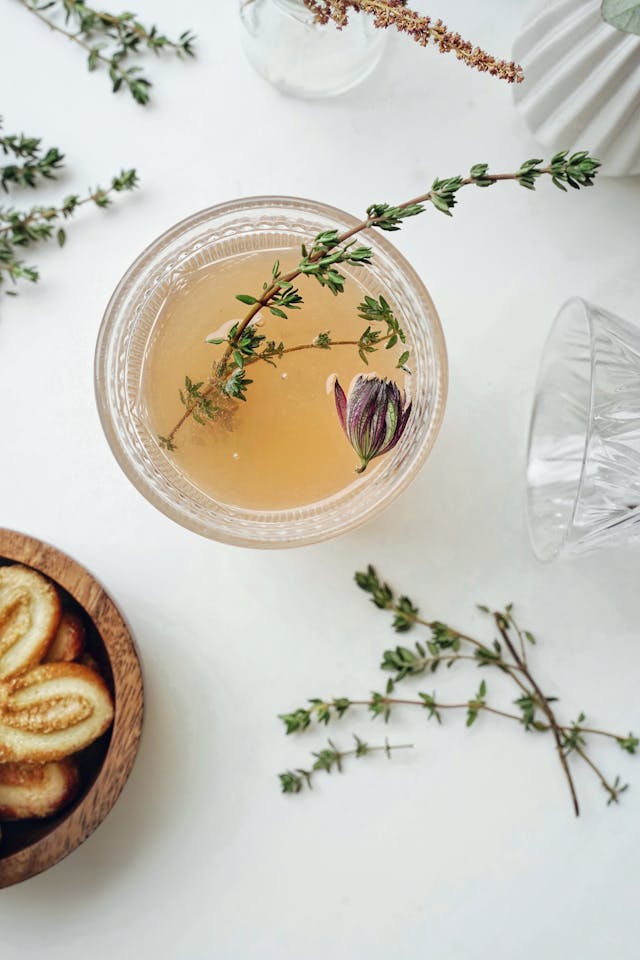
“I know a bank where the wild thyme blows,
Where oxlips and the nodding violet grows,
Quite over-canopied with luscious woodbine,
With sweet musk-roses and with eglantine:
There sleeps Titania sometime of the night,
Lulled in these flowers with dances and delight.” – Shakespeare, A Midsummer Night’s Dream (Act II, Scene I)
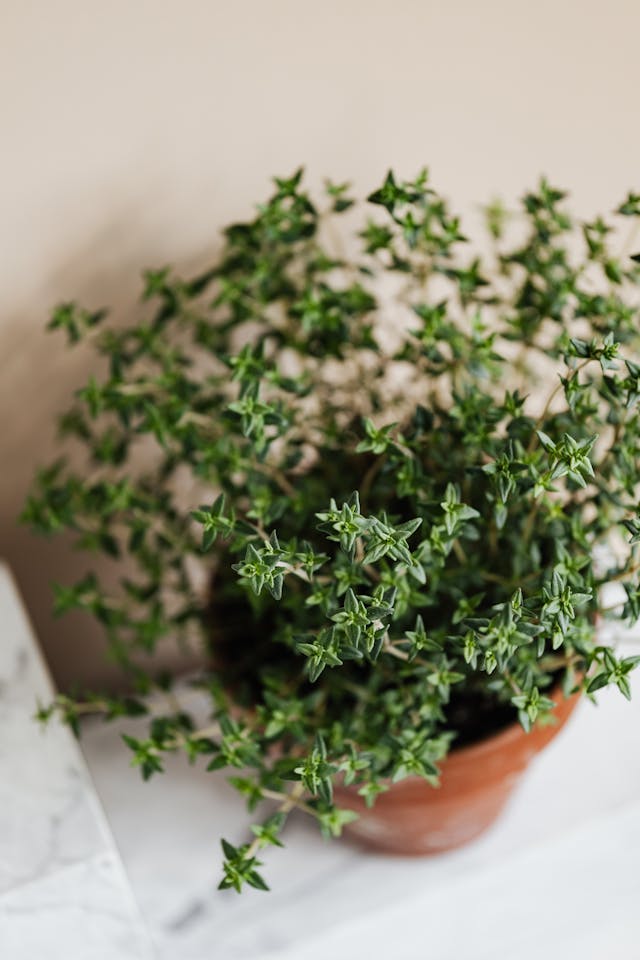
And finally, Alfred Noyes, from his epic-verse work on scientific discovery and key figures in modern astronomy. Not his wife, by the way, though I think she deserves her own accolade for this line.
“One night
When I was tired and all my mind a-dust
With pondering on their atoms, I was called
To supper, and she placed before me there
A most delicious salad. ‘It would appear,’
I thought aloud, ‘that if these pewter dishes,
Green hearts of lettuce, tarragon, slips of thyme,
Slices of hard boiled egg, and grains of salt.
With drops of water, vinegar and oil,
Had in a bottomless gulf been flying about
From all eternity, one sure certain day
The sweet invisible hand of Happy Chance
Would serve them as a salad.’
‘Likely enough,’
My wife replied, ‘but not so good as mine,
Nor so well dressed.'” – Alfred Noyes, from Prologue of Watchers of the Sky, volume 1 of The Torch Bearers trilogy in the Public Domain
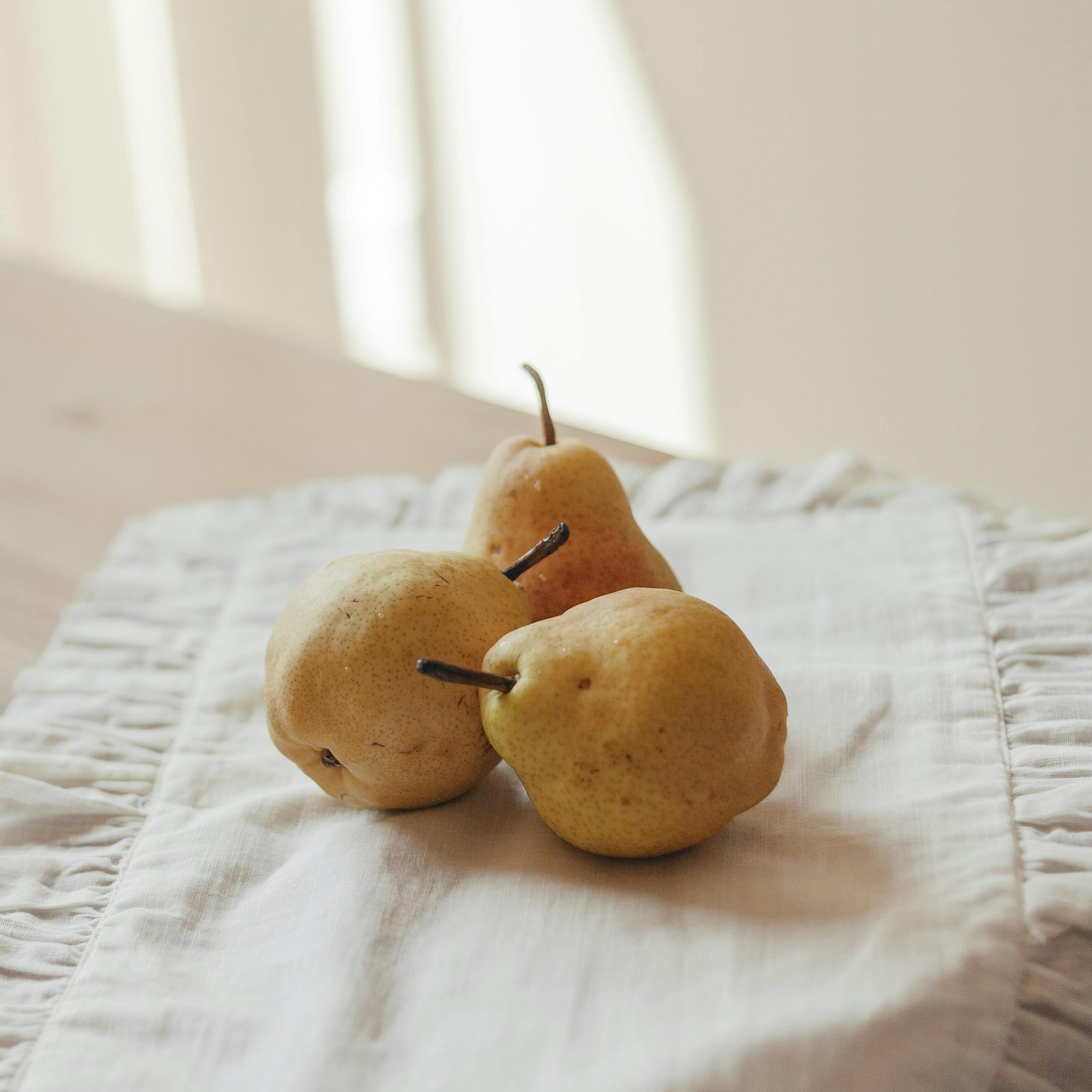
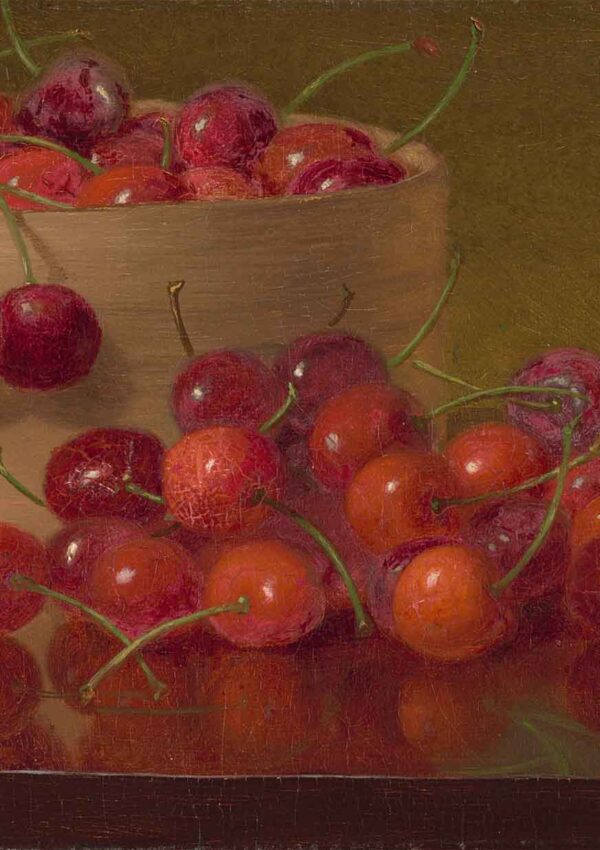
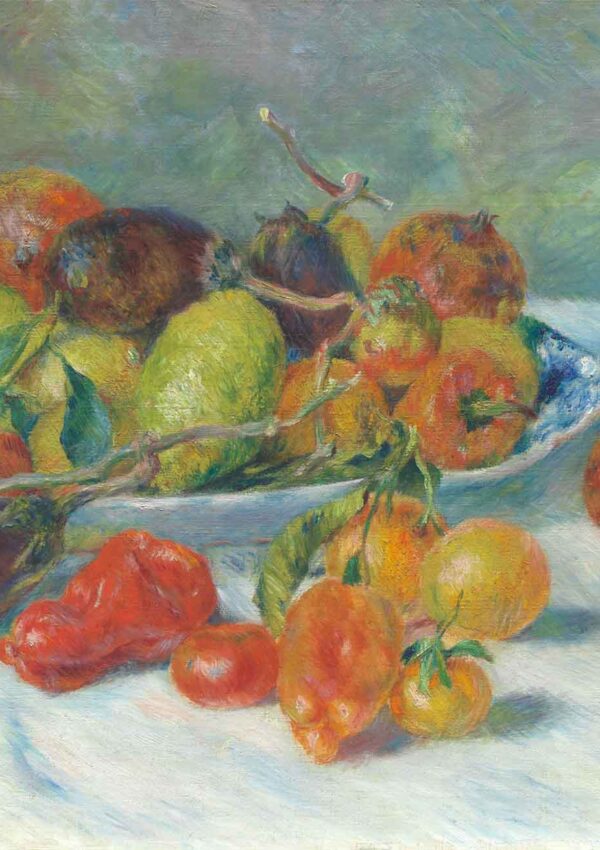
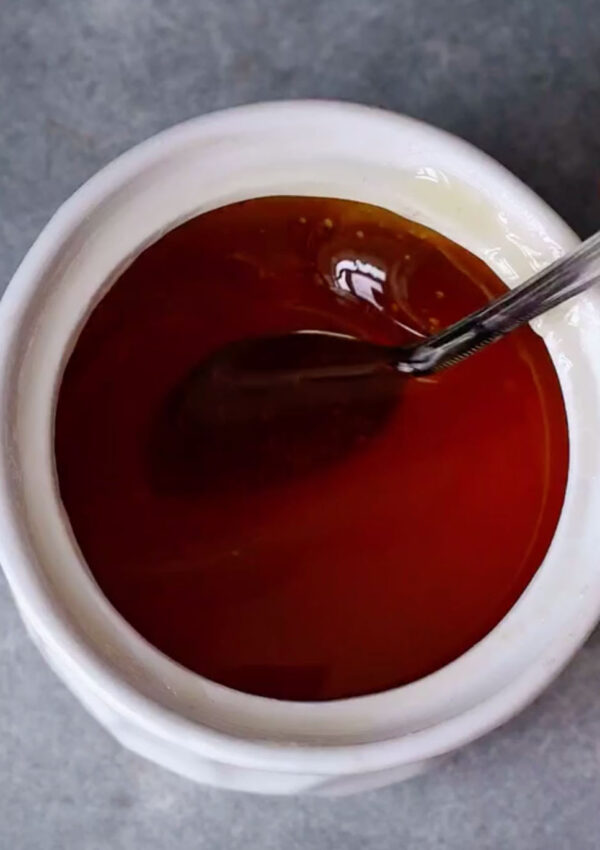

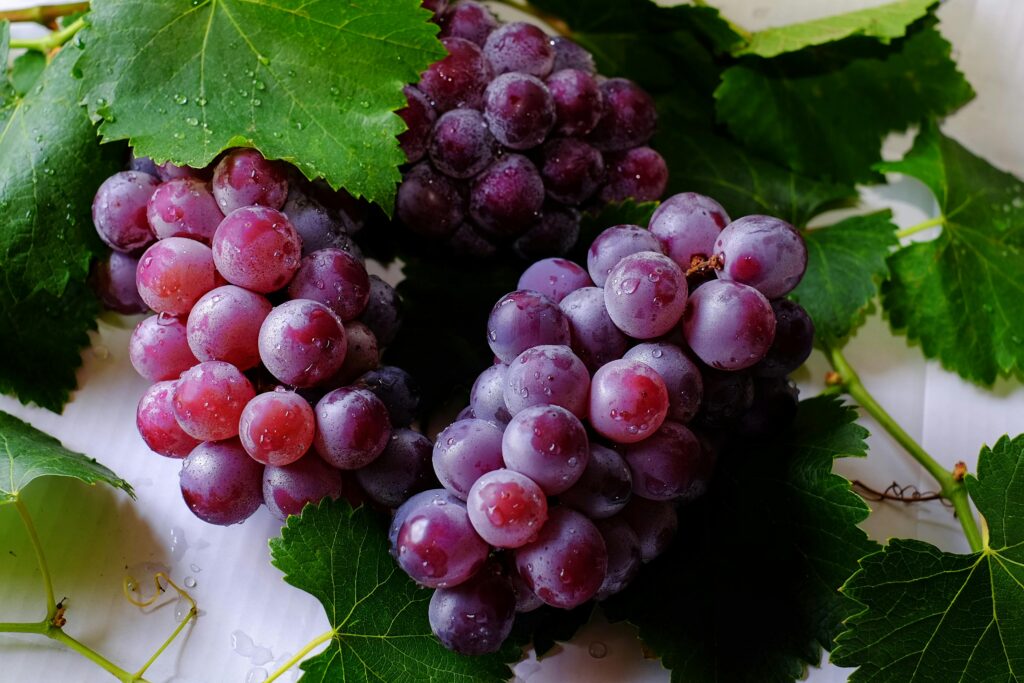

Leave a Reply